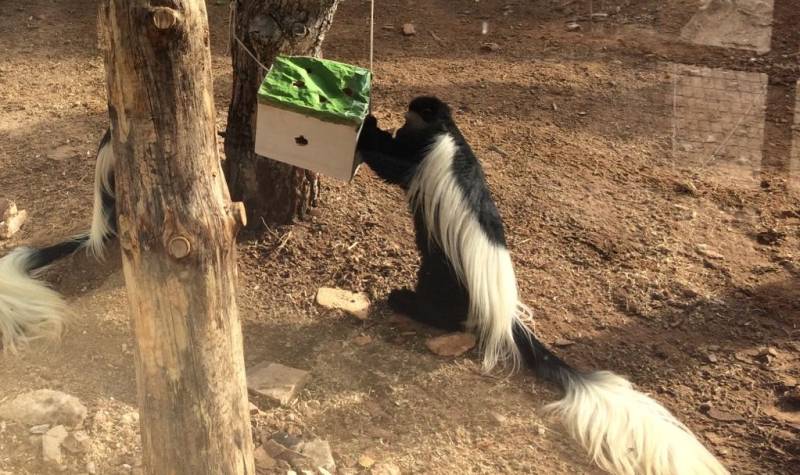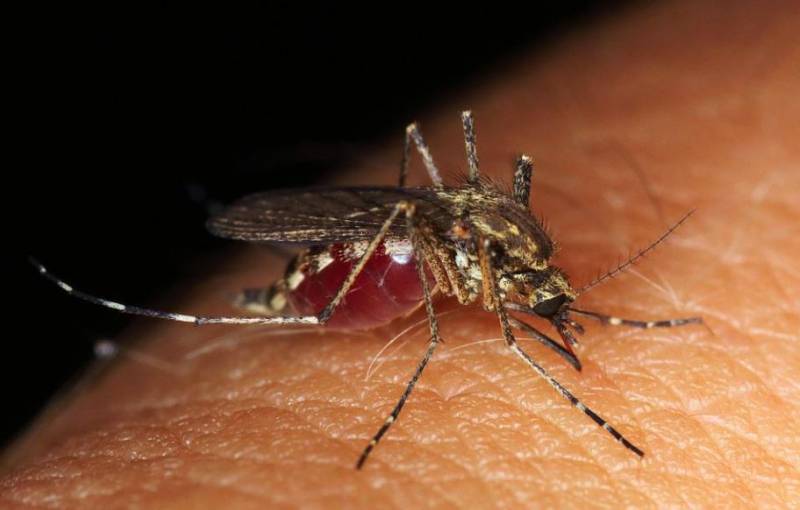
To be listed on the CAMPOSOL TODAY MAP please call +34 968 018 268.

Guidelines for submitting articles to La Manga Club Today
Hello, and thank you for choosing La Manga ClubToday.com to publicise your organisation’s info or event.
La Manga Club Today is a website set up by Murcia Today specifically for residents of the urbanisation in Southwest Murcia, providing news and information on what’s happening in the local area, which is the largest English-speaking expat area in the Region of Murcia.
When submitting text to be included on La Manga Club Today, please abide by the following guidelines so we can upload your article as swiftly as possible:
Send an email to editor@lamangaclubtoday.com or contact@murciatoday.com
Attach the information in a Word Document or Google Doc
Include all relevant points, including:
Who is the organisation running the event?
Where is it happening?
When?
How much does it cost?
Is it necessary to book beforehand, or can people just show up on the day?
…but try not to exceed 300 words
Also attach a photo to illustrate your article, no more than 100kb

Propagating Aeoniums
Costa Cálida Gardening, aeoniums are a dry gardeners best friend
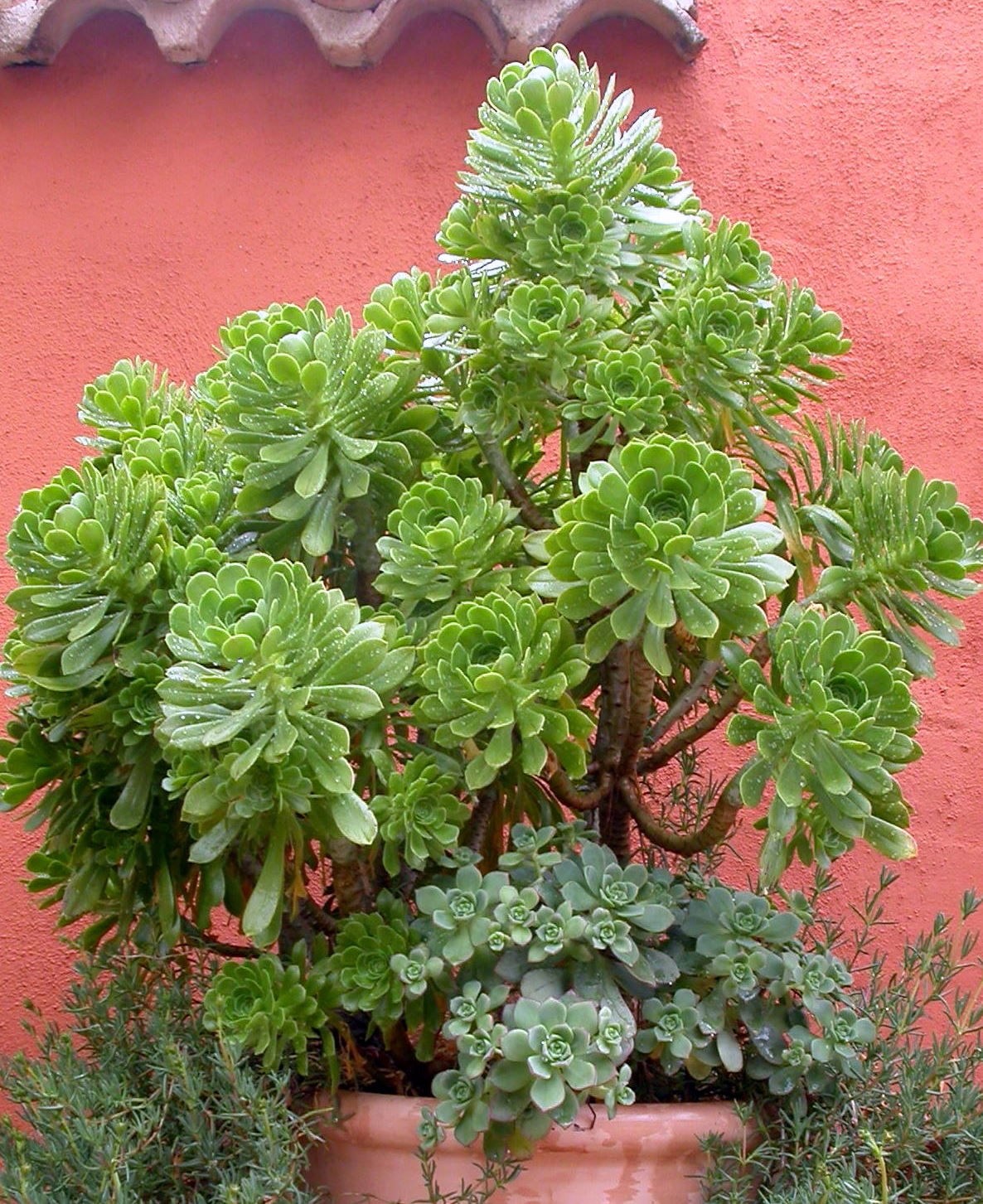 These beautiful, structural plants are one of the Spanish gardeners’ best friends, perfectly suited to the Spanish climate, requiring virtually no maintenance and ideal for dry locations with minimal watering.
These beautiful, structural plants are one of the Spanish gardeners’ best friends, perfectly suited to the Spanish climate, requiring virtually no maintenance and ideal for dry locations with minimal watering.
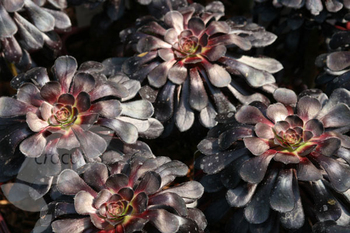 They are native to the Canary Islands and Africa, and grow in a variety of colours and forms, the most commonly seen variations locally being a beautiful zingy green and a blushing burgundy, although some of us are lucky enough to own the stunning Zwartkop variety, a dark burgundy thats almost black in the heat of summer.
They are native to the Canary Islands and Africa, and grow in a variety of colours and forms, the most commonly seen variations locally being a beautiful zingy green and a blushing burgundy, although some of us are lucky enough to own the stunning Zwartkop variety, a dark burgundy thats almost black in the heat of summer.
These are very often found on the hillsides around Spanish country properties, left to their own devices and in large clumps, completely covering and dominating an area, but used in smaller clumps as underplanting to shrubs and trees, as specimen blocks on open rockery areas or in courtyard pots, they look absolutely stunning.
Watered sparingly, they will flower in April and May, the only maintenance required being to strip away the lower leaves which yellow and fall in late spring, and remove spent flowerheads, which stimulates branching out. These plants can be easily sculpted by removing lower branching, cutting out the smaller growth and training to achieve the required shape, and are a joy to propagate, striking easily and quickly.
Propagation Techniques
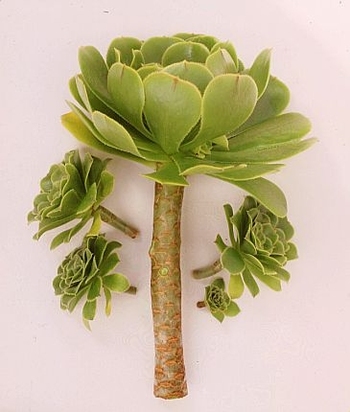 Now is the time to propagate, whilst the plants are busy growing in the spring rains.
Now is the time to propagate, whilst the plants are busy growing in the spring rains.
There are 2 main techniques, the first of which is to select a rosette(head) and cut the stem about 8 inches below the succulent head. Strip off some of the lower leaves, as this means the plant can put more energy into growing a root system and expend less energy in maintaining top growth. Smaller side growth can also be removed and potted on as separate cuttings, or discarded. It is possible to use much larger branches as cuttings, but these plants grow at such an impressive rate once roots have been established, that it’s better not to be too greedy, and give the plant the best possible chance.
Allow the cut to callus ( dry out ) for a couple of days, then pot into a gritty compost mix, and top off the pot with a layer of grit.
Don’t overwater, as too much watering will rot the cuttings and the plants will root in as little as 2 weeks.
 The second technique, is to cut a stem into sections, about 10cm long, and plant with approximately 4cms in the compost and 2 cm left sticking out of the top. Astonishingly, this will grow into a perfect plant, achieving a lovely rounded shape, as individual rosettes will branch out from the side of the stump. Use this technique to control larger plants, by simply removing the top growth and reducing the plant to literally a stick.
The second technique, is to cut a stem into sections, about 10cm long, and plant with approximately 4cms in the compost and 2 cm left sticking out of the top. Astonishingly, this will grow into a perfect plant, achieving a lovely rounded shape, as individual rosettes will branch out from the side of the stump. Use this technique to control larger plants, by simply removing the top growth and reducing the plant to literally a stick.
We learnt this technique after a devastating goat raid on the rockery in which an entire seasons growth was reduced to a tragic forest of stumps, so now have not only rows of perfect plants, but a handy store of goat snacks for rainy days.
Enjoy your aeoniums, they’re really one of your best friends for low maintenance gardening.




















